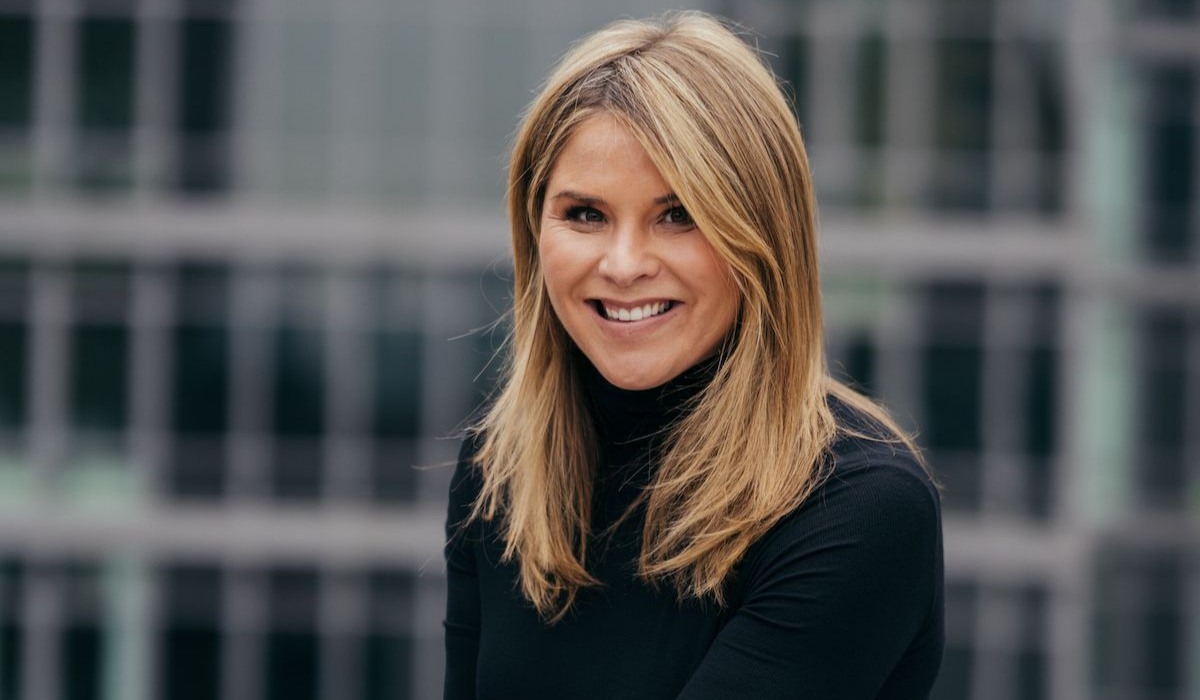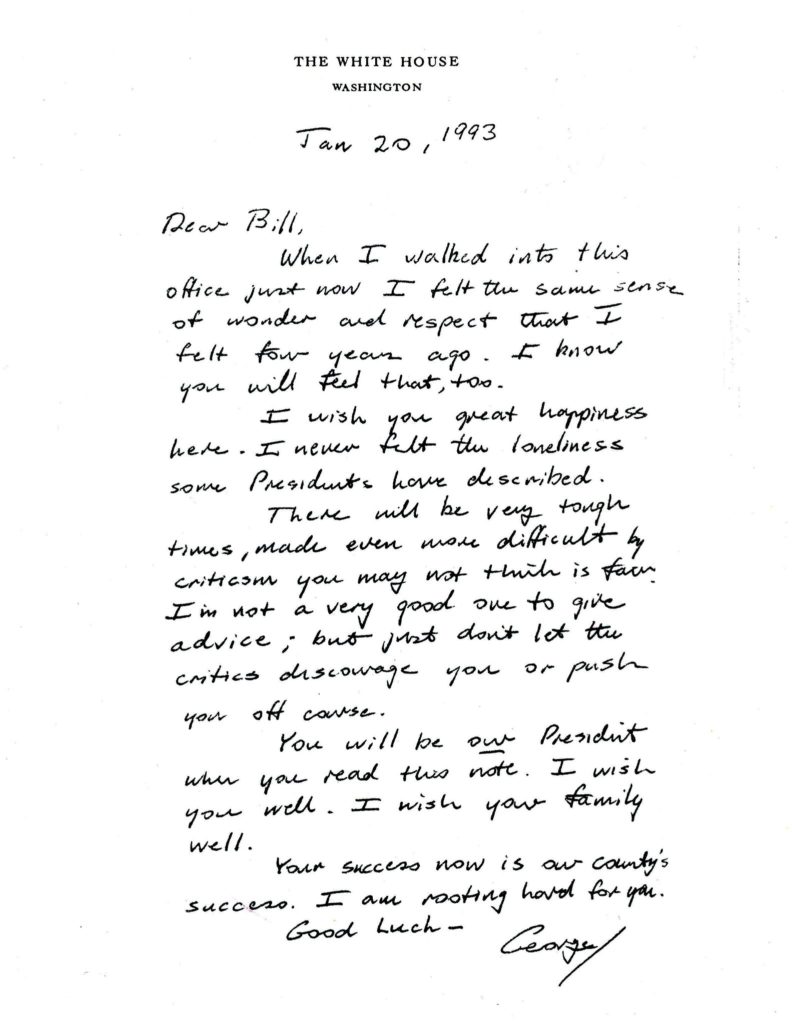Jenna Bush Hager: ‘Our Norm Is Grace’

As Inauguration Day fast approaches, the peaceful transfer of power—the bedrock on which the country’s democratic system was built—is in the spotlight like never before in recent history.
It’s a celebrated tradition woven into the American story, which is why we asked our friend Jenna Bush Hager to share her Inaugural memories and why she’s not worried about our democracy.
Take us back to your earliest Inauguration memory…
My earliest memory is being at my grandfather’s Inauguration. My sister and I were little—we were in first grade—and we didn’t quite understand the significance of it. We just saw somebody that we loved being sworn into office. We loved balloons and the parade. And we’re from Texas so even just to be in Washington when it was cold and beautiful and wintery—it was almost like living a dream.
Historically, the parade is the time when the former president physically moves out and the new president quickly moves in. But Barbara and I were freezing so our mother let us go back to the White House early before anyone else. We met an incredible woman named Nancy Clarke, who was a florist, and she took us down to the floral shop and we made bouquets for our grandparents’ bedside. Years later she did the flowers for my wedding when I married my husband, Henry. Everyone asks what makes the White House feel like home and it’s the people—many of whom are lifetime employees—who fill it with this beautiful spirit of family.
Did you understand how momentous the day was?
In first grade, we definitely didn’t have a sense of the gravity of what was happening. In fact, my grandpa was such a humble man that when he was with us, he was so present, getting on the ground and playing with us and reading to us. So, when we were young, we never really knew the gravity of what was happening, and I think that was a lot because of him. His role as a grandfather, as a father, as a husband—his family came before anything else.
And in fact, when we got back to Texas, my sister thought all grandfathers had inaugurations (we were seven). She thought it was something our country just did to celebrate grandparents and I think that really speaks to his humility and the fact that he really put us as his family first.
How was the “peaceful transfer of power” explained to you?
It was never explained to us. We just witnessed it and then we knew that our grandfather had left a note for President Clinton when he lost—and it was my grandfather that actually started that tradition. We also knew how sad he was that he’d lost. We were sitting there with him on election night and there was a point when all the adults became quieter and there was a shift that even children (we were 11, maybe) could feel. We knew how disappointed he was because he wanted to finish the job that he had started, and he felt crushed. But at the same time, he felt a huge responsibility to help Bill Clinton and his staff transition. He felt a huge responsibility and he was such a gracious man that he created this tradition that continued up until point where the outgoing president leaves a note for the incoming president. We watched our father do that as well.

And even though my grandfather and Bill Clinton were political rivals and there were things that were said during the campaign that probably weren’t great on both ends, they ended up working together in many ways and became really good friends. I got to share meals with the two of them several times in Maine and President Clinton would always joke that he was the fifth son and the black sheep of the family. I think it spoke a lot about the humility of my grandpa that this person who had crushed his political dreams, ended his presidency after only four years, would become somebody who was a close confident and friend.
What, if anything, do you tell your children about accepting defeat gracefully?
So much of what we do as parents is teaching by examples—by showing and not telling. They’ve watched their grandparents stay in touch with former presidents. There are plenty of gracious leaders and this tradition of letter writing has gone on since 1992 and it’s something that we’ve seen time and time again. I’m not worried about our democracy because [this election] is the exception. Our norm is grace. And I feel confident that’s where we’re headed.
Jenna Bush Hager is the co-host of TODAY with Hoda and Jenna and the author of multiple New York Times bestselling books including Sisters First, written with her sister Barbara Pierce Bush, and Everything Beautiful in Its Time.
This interview was featured in the January 17, 2021 edition of The Sunday Paper and has been edited and condensed for clarity. The Sunday Paper publishes News and Views that Rise Above the Noise and Inspire Hearts and Minds. To get The Sunday Paper delivered to your inbox each Sunday morning for free, click here to subscribe.


